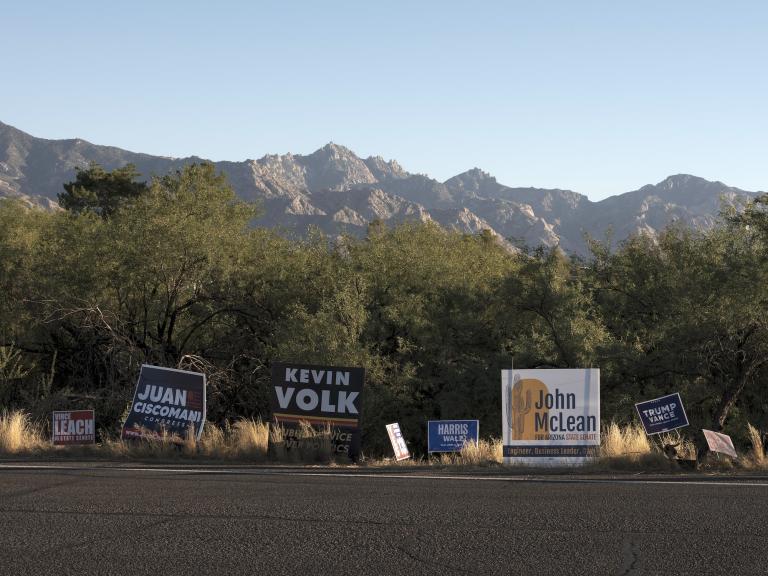 I have tried to stay out of the ethanol debate because I always assumed it would die a natural death. However, it does not seem to be going away, so I thought I would look into the latest hoopla.
I have tried to stay out of the ethanol debate because I always assumed it would die a natural death. However, it does not seem to be going away, so I thought I would look into the latest hoopla.
A tug of war is quietly taking place inside environmental groups as individuals sort out where they stand on a given biofuel issue. For example, Mongabay has an upbeat article on biofuels, surrounded by articles showing its destructive potential. I suspect the same thing is happening inside the Sierra Club, The Nature Conservancy, and everywhere else. The idea that environmentalists are now in bed with God-fearing patriots on the issue of oil independence might seem unsettling at first, but to be honest with you, neither side has a monopoly on rational thought. When our heads start to hurt from thinking too much, we tend to just go with what feels good.
Our politicians may be setting a lot of people up for financial ruin by mandating fuel use. As Tom’s article pointed out, economic trends are not something governments can just dictate. Our government may soon be reminded of that fact, but at least I know I could be wrong.
When I searched for info on corn-based ethanol, I found timely article after timely article explaining clearly and precisely why it is such a bad idea (outnumbered ten-to-one by articles telling us it is a great idea). Forget the argument that it might take more energy to produce than you get back; even if you accept the 1.6 positive energy-balance ratio now being bandied about, the idea that corn-based ethanol can help lead us to anything resembling energy independence is farcical.
This article on corn-based ethanol in Reason was pretty good. The author calculates that it would take the country’s entire corn crop just to provide us with one fifth of our gasoline. However, he forgot to subtract from that number the amount of oil used to make the ethanol or account for its lower gas mileage. Depending on who you ask, that could mean that we are actually getting more oil dependent with every gallon of ethanol we make, or that we can supply only about a tenth of our cars even if we use our entire crop for ethanol.
The author also talked about the possibility of using our conservation reserve land to grow switch grass:
… planting idle cropland and pasture with fuel crops [switchgrass] could have some deleterious effects on the natural environment and wildlife and possibly spark a fight between the naturalist and energy wings of the environmentalist movement.
However, he forgot to mention that those conservation lands have been acting as giant carbon sinks, nullifying 15% to 30% of U.S. CO2 production.
The Mongabay article summarizes what the USDA thinks we will have a quarter of a century from now:
“…a portfolio consisting of 30 percent agricultural waste, 35 percent forest, 5 percent grains to biofuel, and 30 percent “specialized crops” [read switch grass] could meet [a third of our liquid fuel needs].”
That five percent of the renewable mix means they expect only about half of a percent of our “total” liquid fuel needs will be met with soybeans and corn.
The idea that we should be supporting soy and corn because they are bridges to more efficient fuels makes no sense. Making biodiesel out of soybeans and ethanol out of corn may actually stand in the way of future improvements in biofuel technology.
You cannot use the refineries designed to make soy-based biodiesel or corn-based ethanol to make the same fuels from, say, switch grass or algae. You would have to tear them down and start all over. Can you imagine politicians from states that have invested billions in infrastructure to make biodiesel from soybeans and ethanol from corn actually voting in a manner that would dismantle that infrastructure?
The bigger the soybean-based biodiesel and corn-based ethanol industries get, the harder it will be for free market competition to bring them down, especially if pork politics refuse to let them fall.
 I have tried to stay out of the ethanol debate because I always assumed it would die a natural death. However, it does not seem to be going away, so I thought I would look into the latest
I have tried to stay out of the ethanol debate because I always assumed it would die a natural death. However, it does not seem to be going away, so I thought I would look into the latest 
